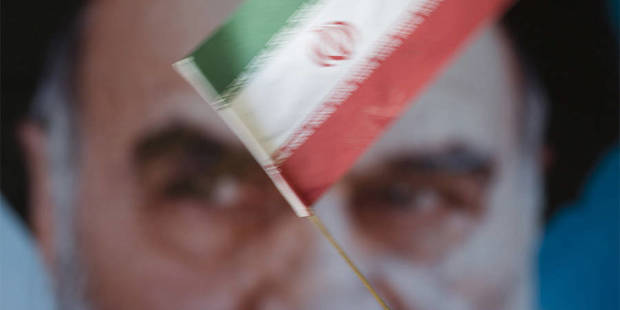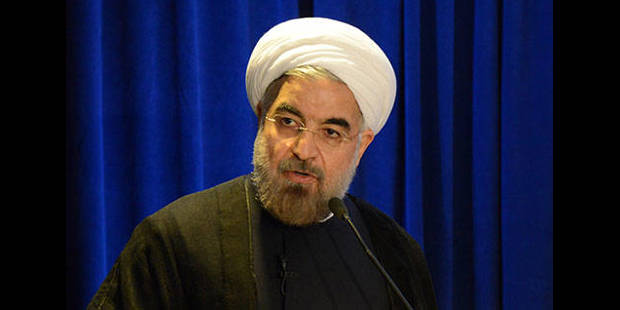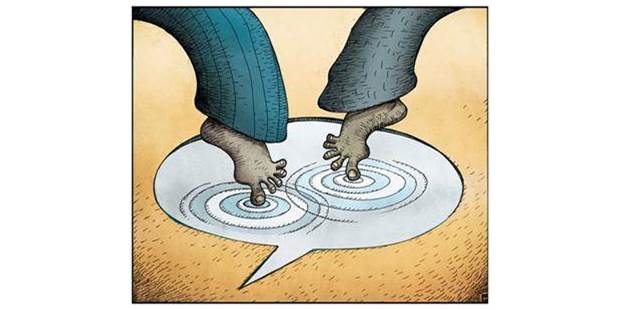Saïd Amir Arjomand
Saïd Amir Arjomand, the founder of the Association for the Study of Persianate Societies, is Professor of Sociology and Director of the Stony Brook Institute for Global Studies at the State University of New York at Stony Brook.
-
The End of Iran’s Islamic Revolution

The End of Iran’s Islamic Revolution
Aug 20, 2015 Saïd Amir Arjomand says that traditional questions of national interest and realpolitik have come to the fore.
-
Remaking Iran

Remaking Iran
Jul 16, 2014 Saïd Amir Arjomand reflects on President Hassan Rouhani's first year in office.
-
Can Rouhani Deliver?

Can Rouhani Deliver?
Oct 15, 2013 Saïd Amir Arjomand assesses Hassan Rouhani's mandate for diplomacy.
-
Iran’s Revolutionary Echoes
Iran’s Revolutionary Echoes
Feb 2, 2010 Saïd Amir Arjomand








